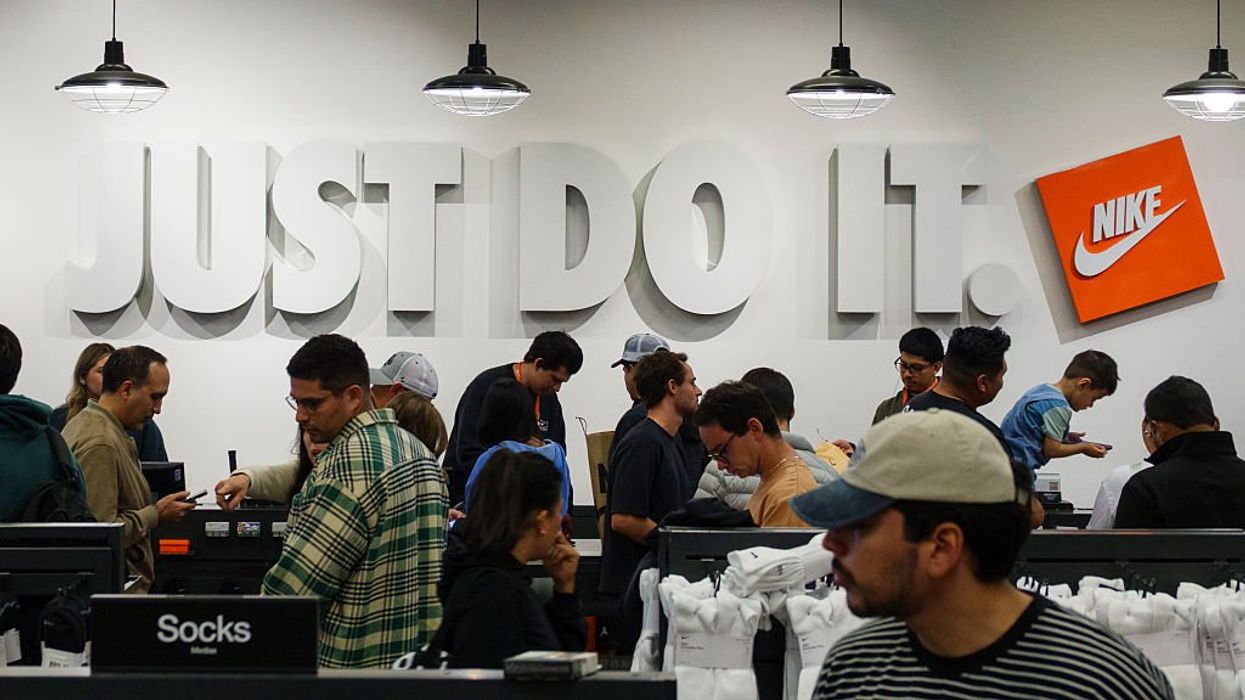In the late 1980s, the Harvard Alcohol Project did just that. By embedding the term designated driver into prime-time television—from Cheers to L.A. Law—they didn’t just coin a phrase. They changed people’s behavior. The campaign was credited with helping reduce alcohol-related traffic fatalities by nearly 30% over the following decade. President George H.W. Bush and Bill Clinton, along with organizations like Mothers Against Drunk Driving, endorsed the movement, amplifying its reach.
They made sober driving socially admirable, not awkward. And they proved that when language meets culture, norms shift.
A well-orchestrated communications campaign can seed a term into the national consciousness and catalyze behavioral change. It’s a strategy we must revisit in this era of deep civic fragmentation.
Nike’s Just Do It campaign followed a similar path. It wasn’t about sneakers—it was about identity. It told millions of Americans that athleticism wasn’t reserved for Olympians. It was for anyone willing to move. To try. To act.
Television sitcoms of the past played a similar role, entertaining us while holding up a mirror to society. Archie Bunker, from All in the Family (1971–1979), is a quintessential example. His bigoted, close-minded views were never celebrated; they were humanized. Audiences saw a man clinging to outdated beliefs, yet loving his family, fumbling through change, and occasionally revealing unexpected tenderness. That complexity made him relatable, even lovable, and it allowed viewers to confront their own biases without defensiveness.
It’s this understanding of America’s contradictions—its flaws and its potential—that we need to reclaim today.
As Norman Lear’s groundbreaking sitcom tackled racism, gender roles, and generational divides, Archie became a cultural touchstone. He didn’t preach progress but paradoxically helped create it. His flaws weren’t just punchlines—they were invitations for Americans to reconsider what they laughed at, what they tolerated, and what they believed.
We need that same energy now for Democracy.
At The Fulcrum, we’ve seen how pop culture can be a civic catalyst. One of our most-read sections this past year wasn’t policy analysis—it was music, poetry, and dance. Pop culture is the heartbeat of a nation searching for connection. Its popularity confirmed what we’ve long believed: culture isn’t a distraction from Democracy—it’s the gateway to it.
Actual change requires more than infrastructure—it requires inspiration. It requires a new kind of campaign that doesn’t just inform but moves.
History offers us a blueprint for remixing the civic narrative. Imagine a phrase like Just Show Up—a call to action, not for the gym, but for the town hall, or United We Band—a movement where music becomes the medium for civic renewal.
Other iconic slogans could be reimagined:
· A Diamond Is Forever becomes Democracy Forever—If We Can Keep It
· Got Milk? Becomes Got Democracy?
These campaigns didn’t just sell—they shifted. They used metaphor, emotion, and repetition to make language sticky and behavior malleable. If we want to seed terms like civic renewal or democracy ecosystem into public consciousness, we must reverse-engineer these strategies to build a new cultural imprint.
Art breaks boundaries. It overcomes distances. It multiplies energy. And it reminds us that democracy isn’t just a system—it’s a song we all contribute to.
So let’s think outside the ballot box. Let’s make civic engagement not just a duty but exciting. Because for true change to happen in our democratic republic, Americans must realize they already hold the mic. We’re just here to turn up the volume.
David Nevins is publisher of The Fulcrum and co-founder and board chairman of the Bridge Alliance Education Fund.




















Trump & Hegseth gave Mark Kelly a huge 2028 gift